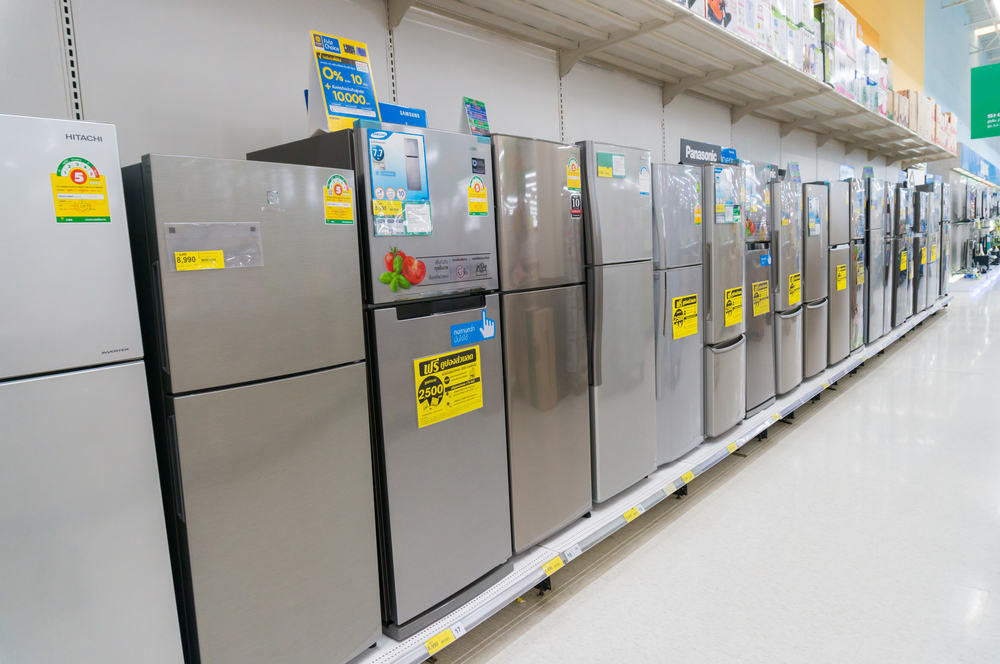Food Recall Alert: What’s Been Pulled From Shelves and Why It Matters
A new food recall alert has been issued due to contamination and undeclared ingredients. From frozen meals to pantry staples, these products could pose health risks. Learn how to check your items, what symptoms to watch for, and what steps to take if you’ve purchased one of the affected items.

What products are on the current food recall list 2025?
As we move into 2025, several food items have been flagged for recall due to various safety concerns. While specific product names and brands cannot be listed without verified information, common categories of recalled items often include:
-
Frozen meals and prepared foods
-
Fresh produce (particularly leafy greens)
-
Dairy products
-
Meat and poultry items
-
Packaged snacks and baked goods
-
Canned foods
It’s important to note that recall lists are dynamic and frequently updated. Consumers should regularly check the official FDA and USDA websites for the most current information on recalled products.
Why are undeclared allergen food alerts so important?
Undeclared allergen food alerts are crucial for protecting individuals with food allergies or sensitivities. These alerts are issued when a product contains an allergen that is not listed on the label, posing a significant risk to certain consumers. Common undeclared allergens include:
-
Milk
-
Eggs
-
Peanuts
-
Tree nuts
-
Soy
-
Wheat
-
Fish
-
Shellfish
For those with severe allergies, consuming a product with an undeclared allergen can lead to life-threatening reactions. That’s why it’s essential for manufacturers to accurately label their products and for consumers to stay informed about potential allergen-related recalls.
How can consumers stay informed about food recalls?
Staying informed about food recalls is crucial for maintaining a safe and healthy diet. Here are several ways to keep up-to-date:
-
Follow official government social media accounts (FDA, USDA)
-
Sign up for email alerts from food safety organizations
-
Regularly check official recall websites
-
Use smartphone apps designed to track food recalls
-
Pay attention to in-store notices and announcements
By utilizing these resources, consumers can quickly learn about potential risks and take appropriate action to protect themselves and their families.
What are the common reasons for food recalls?
Food recalls can occur for various reasons, all of which pose potential health risks to consumers. Some of the most common reasons include:
-
Microbial contamination (e.g., Salmonella, E. coli, Listeria)
-
Foreign object contamination (e.g., plastic, metal fragments)
-
Undeclared allergens
-
Mislabeling or packaging errors
-
Chemical contamination
-
Inadequate processing or manufacturing issues
Understanding these reasons can help consumers be more vigilant about the foods they purchase and consume, potentially identifying issues before they become widespread problems.
How to report a recalled food product?
If you believe you’ve purchased or consumed a recalled food product, it’s important to take action. Here’s how to report a recalled food product:
-
Gather all relevant information about the product (brand name, lot number, expiration date)
-
Contact the manufacturer directly using the information provided on the packaging
-
Report the issue to the FDA through their online reporting system or by phone
-
If you experienced illness or injury, contact your healthcare provider immediately
-
Keep any remaining product for potential testing or investigation
By reporting suspected recalled products, you contribute to the overall safety of the food supply and help prevent others from potentially harmful exposure.
What steps should you take if you’ve purchased a recalled item?
If you discover that you’ve purchased a recalled food item, follow these steps to ensure your safety:
-
Stop consuming the product immediately
-
Check the recall notice for specific instructions (e.g., return, dispose)
-
If returning the product, keep the original packaging and receipt if possible
-
Monitor yourself and family members for any symptoms related to the recall reason
-
Clean and sanitize any surfaces or utensils that may have come into contact with the recalled item
-
Stay informed about any updates or additional information regarding the recall
Taking these precautions can help minimize the risk of illness or injury associated with recalled food products.
This article is for informational purposes only and should not be considered medical advice. Please consult a qualified healthcare professional for personalized guidance and treatment.




